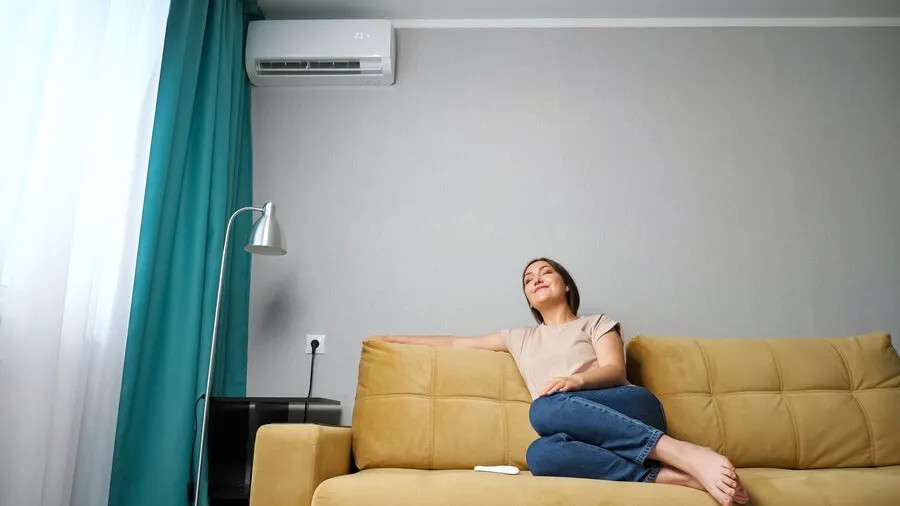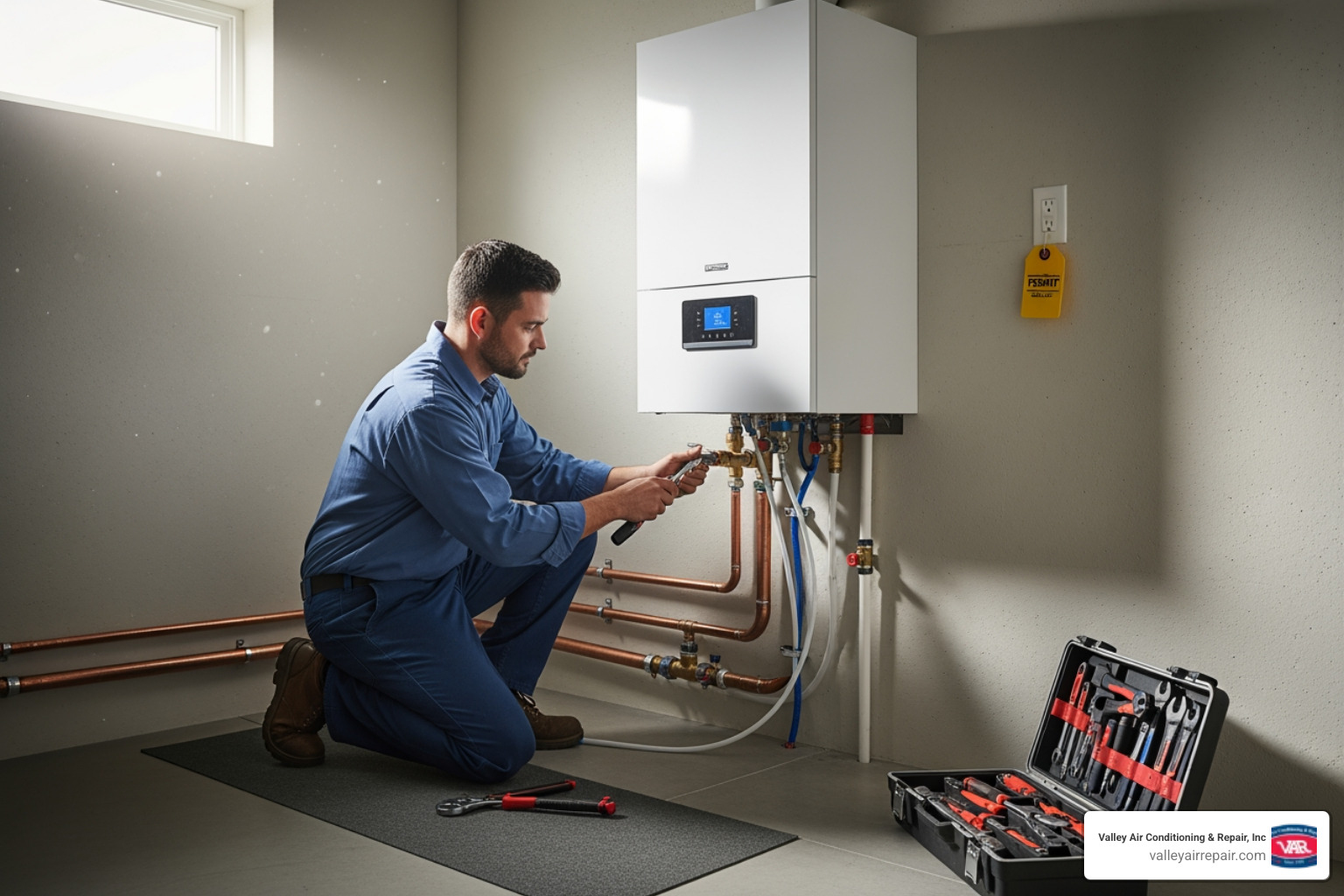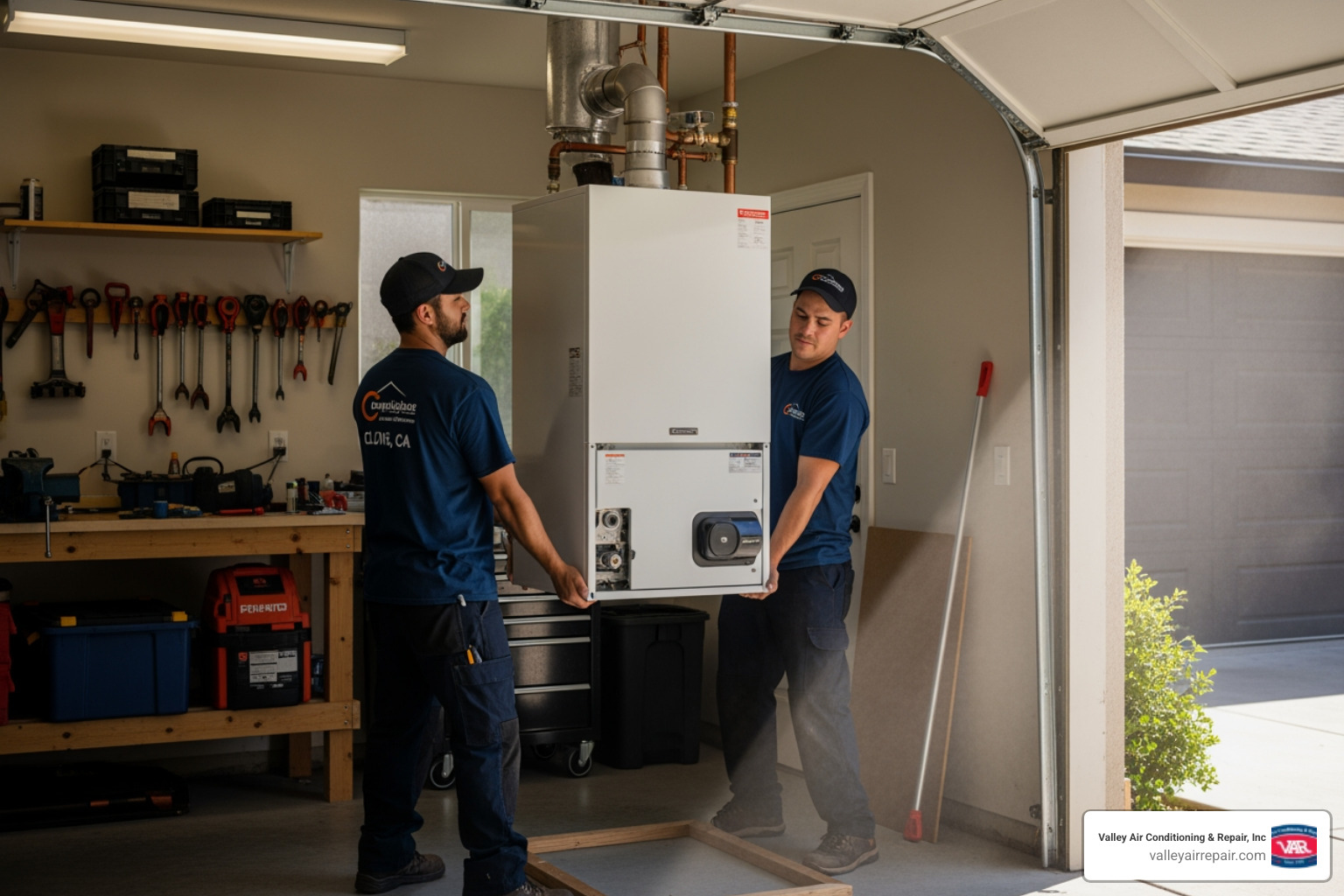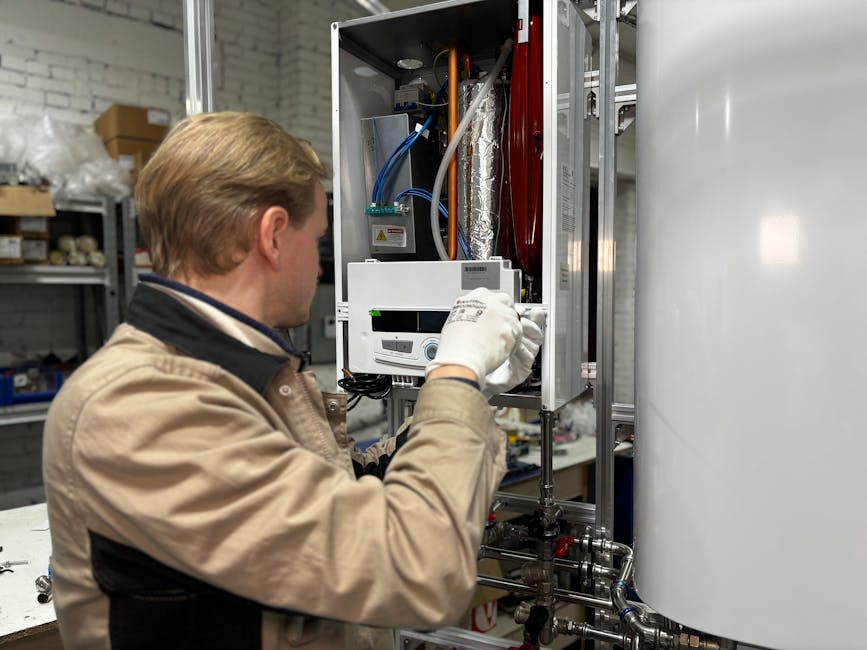Why Is My AC Condenser Fan Not Spinning in Sanger?

When your AC suddenly stops cooling your home during summer in Sanger, one of the first components to check is the condenser fan. This outdoor fan plays a big role in keeping your system from overheating by blowing warm air away from the condenser coils. Without it working, your AC cannot release heat properly, which will eventually lead to poor performance or complete shutdown.
You might notice the indoor unit running, but the outdoor fan is not turning. In some cases, the AC may blow warm air or shut off shortly after starting. If the fan blades look still even when the system is on, or you hear a humming noise from the unit with no movement, that is a strong sign something is wrong with the condenser fan. Recognizing these signs early can help prevent bigger problems and avoid more expensive repairs.
Common Causes Of A Non-Spinning AC Condenser Fan
There are several reasons your AC condenser fan might not be spinning. Some are minor, while others could point to larger issues that need professional attention. Either way, it is best to address the problem early to prevent further damage.
Here are the most common reasons a condenser fan stops spinning:
- Power supply problems: If there is no power getting to the unit, the fan will not run. Tripped breakers, a blown fuse, or faulty wiring could all cause a loss of power to your outdoor AC equipment.
- Failed capacitor: This small component helps power the motor that drives the fan. If the capacitor burns out or weakens, it may not have enough strength to get the fan blades turning.
- Motor failure: Over time, the fan motor can wear out. Dirt, heat, and lack of maintenance can lead to failure. If the motor does not respond, even with power and a working capacitor, it likely needs to be replaced.
- Debris or physical blockage: Sticks, leaves, or other lodged debris can stop the blades from spinning. In some cases, this can burn out the motor if the fan tries to run while blocked.
- Thermostat or contactor issues: If the thermostat is not calling for cooling correctly, or the contactor (which controls power flow to the AC unit) is faulty, the fan will not activate when it should.
Sometimes, the issue is obvious, like a visible stick stuck in the fan blades. Other times, it takes more advanced testing tools and experience to isolate the cause. Continuing to run the system despite a stalled fan increases the risk of overheating and more expensive problems.
If you go outside and notice your condenser unit is humming but not moving, that humming sound often means the capacitor is trying to start the fan but cannot. Poking the blade with a stick or screwdriver (with the power off) might help you tell if it rotates freely or is locked in place. If it spins freely by hand but will not start on its own, the capacitor or motor might be the root of the issue. Testing or replacing these parts without proper training or safety gear is not a good idea.
These types of issues are not just about equipment—they affect how comfortable your home is and how hard your AC has to work. To avoid guessing what is wrong, it is more reliable to have one of our technicians check it out. They will be able to pinpoint the problem and get repairs done safely and correctly.
Importance Of Professional AC Repair In Sanger
When a condenser fan stops spinning, many homeowners assume it is a quick, easy fix. But not fully understanding how the system works can lead to bigger mistakes. For example, replacing a capacitor without testing the motor first can waste time and money. Handling electrical parts without training is also dangerous.
Even if the fan starts working again for a short time, that does not mean the problem is solved. A loose connection or a weakening motor might still be active and causing poor performance. This kind of inconsistency increases wear on your AC and raises energy bills. A fan that remains stuck could cause the compressor to overheat, which is a much more expensive and serious issue.
Calling our professionals means you do not have to rely on guesswork. Our technicians use careful testing and examine each part of the cooling system. They do not only fix the immediate cause but can also spot related problems that might soon follow. Trying to keep the system running by resetting it or forcing it on will only do more harm if the root problem is not addressed. Getting help from trained professionals is a much safer and more effective choice.
Preventative Measures To Keep Your AC In Shape
During the hottest parts of the year in Sanger, your AC works hard to cool your home. By staying on top of basic upkeep, you can prevent trouble with the condenser fan and improve the life of the system overall.
Here are a few steps that can help avoid future fan problems:
1. Clear away leaves, branches, or weeds near the outdoor unit.
2. Clean dirt and buildup from the fan blades and condenser fins (after turning the power off).
3. Make sure your thermostat is working properly and does not have faulty readings.
4. Replace air filters regularly to keep airflow strong.
5. Pay attention to strange sounds during cooling cycles. New noises can signal wear or damage.
6. Schedule a maintenance check before peak summer season to catch early signs of part weakness, like worn capacitors or gunked-up motors.
It does not take long for the space around the outdoor unit to get clogged by plants, dust, or debris. Springtime growth and pollen can easily coat the system before summer even begins. Something simple like mowing too close or letting a vine creep up can restrict the fan's function and lead to overheating.
Taking care of your AC with early maintenance helps prevent surprises—and gives you better cooling when you need it most.
When To Contact For AC Repair In Sanger
A stuck condenser fan is not something to wait on. If you notice warm air from your vents, strange humming from the outside unit, or rust or dirt building up around the fan area, it is time to act. Holding off on repairs usually leads to more serious problems developing.
Call our professionals if:
- The condenser fan hums but does not spin.
- The blades feel loose, stiff, or blocked.
- The outdoor unit turns on and off too soon or never completes a cooling cycle.
- You notice a burning smell near the outdoor unit.
- The fan moves slowly or wobbles as it turns.
Once a call is scheduled, our technicians will check all relevant parts including the motor, capacitor, contactor, wiring, and fan blades. We work to make repairs efficiently while making sure your system is safe and ready for continued use. Solving the root problem helps bring your AC back to full performance and lets you rest easy knowing breakdowns are less likely going forward.
Keeping Your AC System Running Smoothly
The condenser fan may be just one part of your AC system, but it plays a big role in how well the system works. When this fan stops spinning, it reduces your home's cooling power, adds stress to other parts of the system, and leads to bigger repair bills if ignored.
Even small signs of a struggling fan often mean there is a deeper issue. By responding early and scheduling prompt repairs, you can lengthen the life of your unit and prevent surprise failures. Summer is not the time to risk going without cool air, especially in Sanger when heat lingers well into August.
If your AC is acting differently or showing signs of trouble, do not try to fix it on your own. Our technicians can do a deeper check and help your system run more dependably, so you can stay cool and comfortable all season long.
If your cooling system is acting up and you suspect the problem may be linked to a stuck condenser fan, timely intervention can prevent further complications. Trust Valley Air Conditioning & Repair, Inc. for reliable AC repair in Sanger to restore comfort and efficiency to your home. For a quick estimate or to book a service visit, please contact us today.




.webp)









